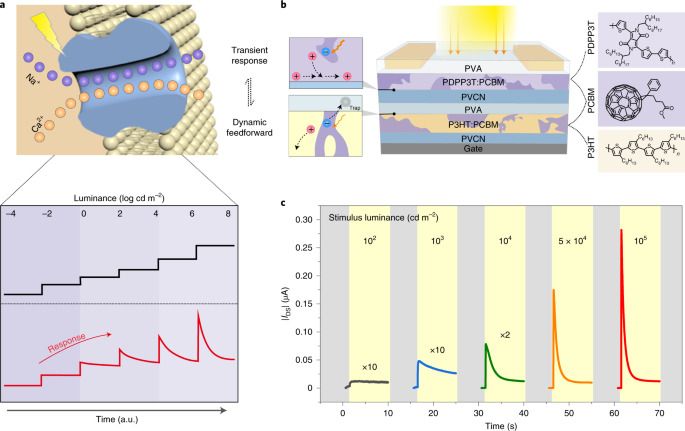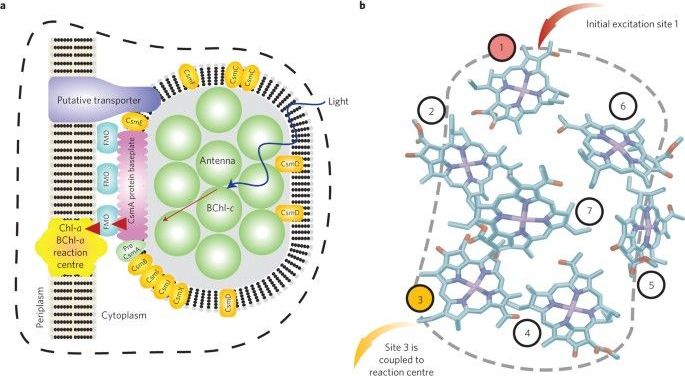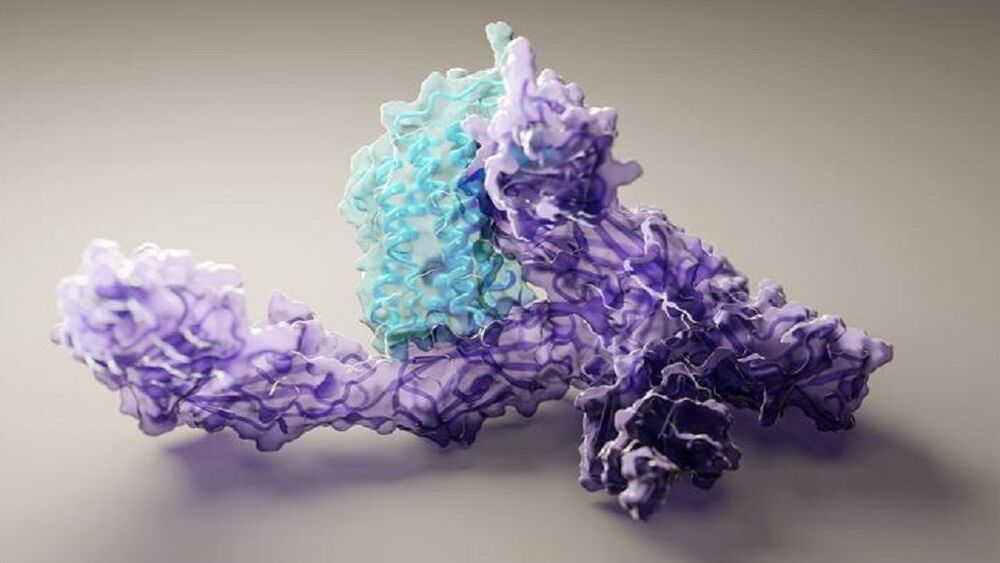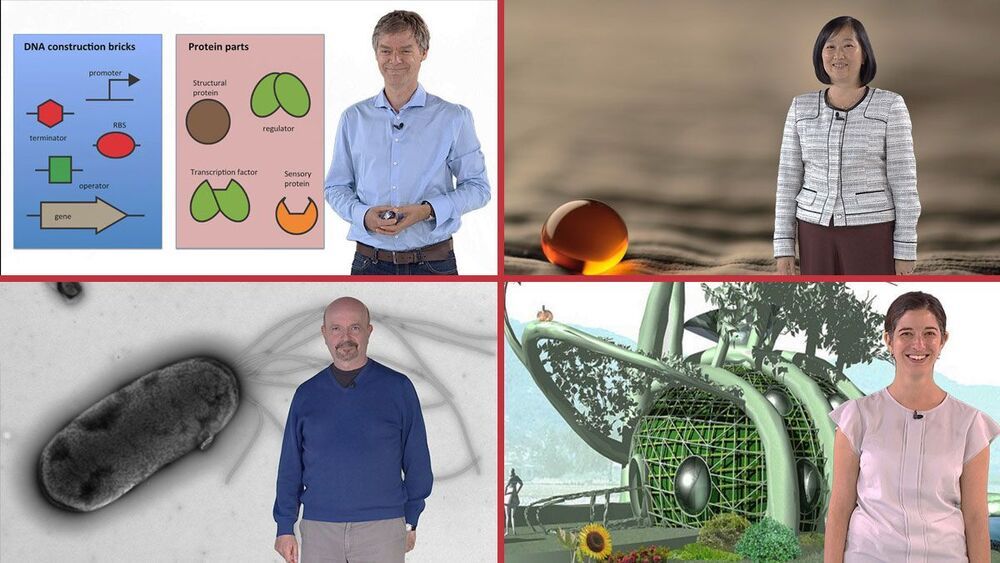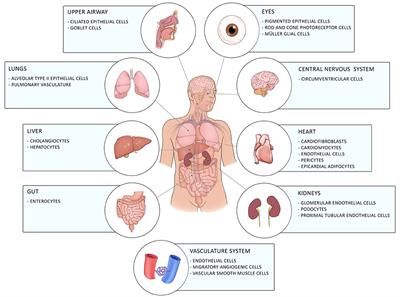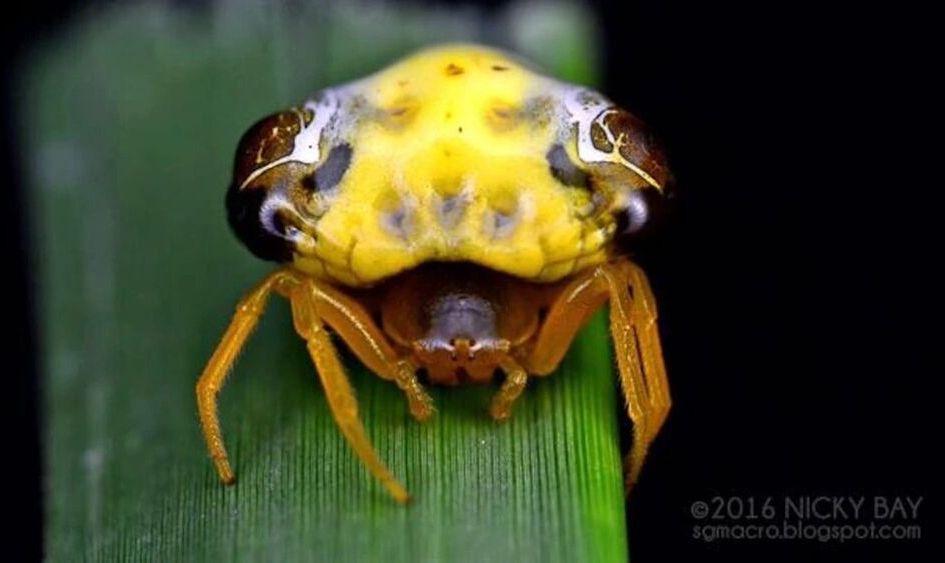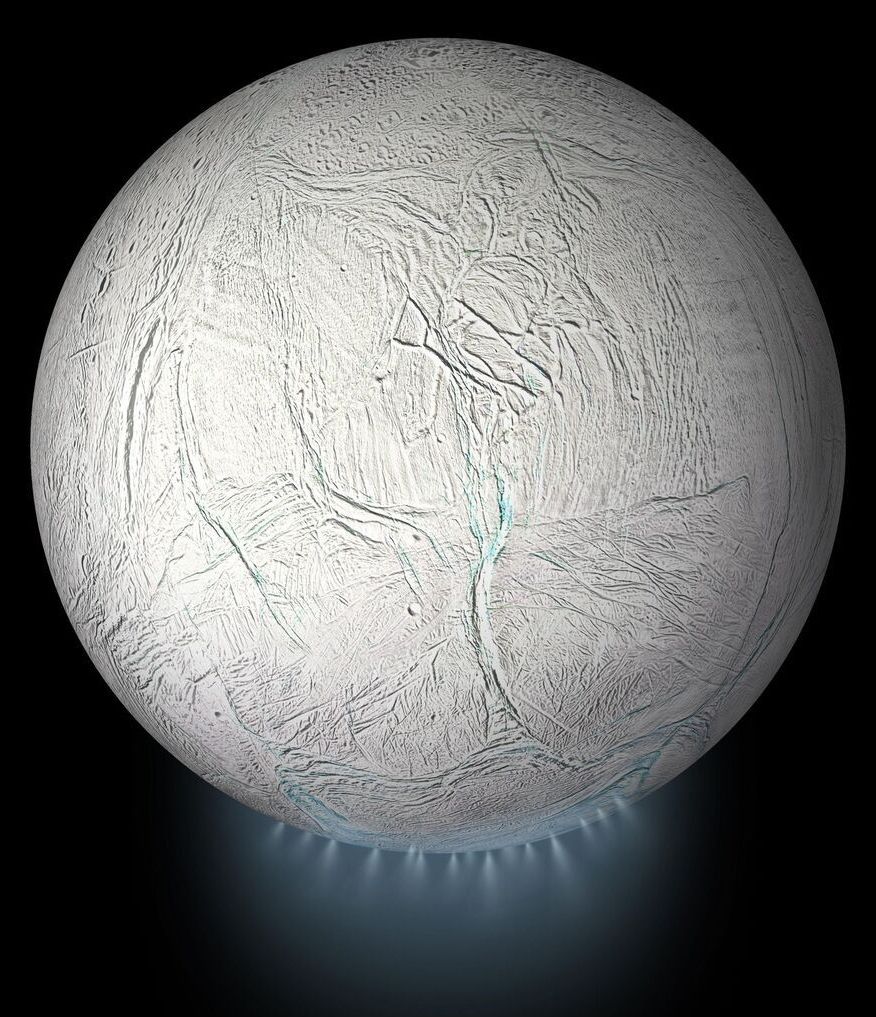An organic transistor that incorporates two bulk heterojunctions can exhibit active photoadaptation behaviour for light intensities that range over six orders of magnitude.
The development of artificial visual systems that mimic biological systems requires devices that can autonomously adapt their response to varying stimuli. However, emulating biological feedforward visual adaptation is challenging and requires complementary photoexcitation and inhibition, ideally in a single device. Here we show that an organic transistor that incorporates two bulk heterojunctions is capable of light intensity-dependent active photoadaptation. The approach couples the photovoltaic effect in bulk heterojunctions with electron trapping in the dielectric layer, allowing adaptive modulation of the carrier concentration of the transistor. Our device exhibits active photoadaptation behaviour for light intensities ranging over six orders of magnitude (1 to 106 cd m−2).
